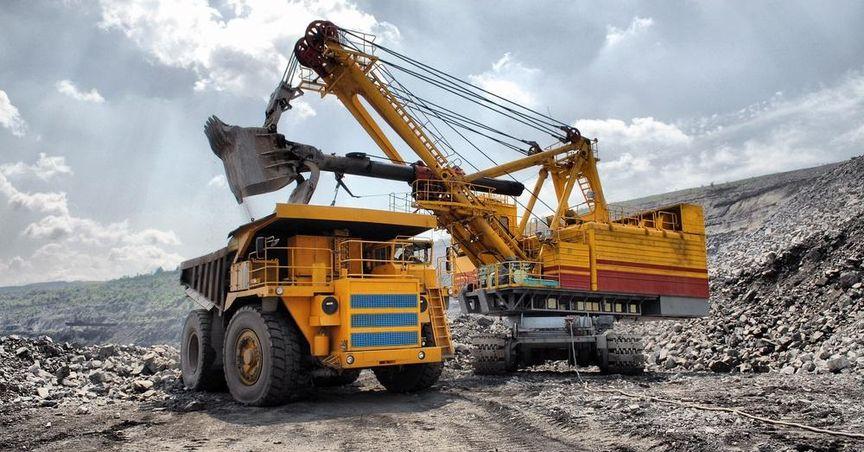Highlights:
-
Galileo Resources PLC initiates induced polarization (IP) surveys on soil geochemical targets in Botswana's Copperbelt.
-
The geological environment of Galileo's licences resembles those with recent successful drilling results by neighboring companies.
-
CEO Colin Bird emphasizes the potential of the licences and the importance of the geophysical programme in identifying drilling opportunities.
Galileo Resources PLC {LSE:GLR} is set to commence induced polarization (IP) surveys over previously identified soil geochemical targets located on licences PL039/2018 and PL040/2018 in Botswana's Copperbelt region. This initiative follows promising discoveries reported on adjacent properties, heightening interest in the area's geological potential.
Preparatory work has been completed on the soil geochemical targets, and the IP technology employed can penetrate depths of up to 400 meters, offering a comprehensive analysis of subsurface structures. Galileo has highlighted that the geochemical targets lie within a geological formation referred to as "the Galileo Fold." This formation exhibits similarities to areas historically drilled by Khoemacau Copper Mining, as well as recent drill intercepts announced by Arc Minerals in their adjoining Virgo Project.
Independent assessments have suggested that the geological and structural characteristics of the Galileo Fold are nearly identical to those found in successful drilling sites nearby, reinforcing the area's prospectivity. The alignment with previously successful operations indicates a strong possibility for Galileo’s exploration efforts.
Colin Bird, CEO of Galileo, expressed enthusiasm regarding the launch of the ground geophysical programme in the Copperbelt. He noted that the last two years have seen significant scrutiny of the region’s geological architecture, leading to new discoveries based on innovative concepts. Bird underscored the potential of the company’s licences, PL039 and PL040, stating that this geophysical programme is anticipated to play a crucial role in delineating prospective drilling opportunities.
The initiation of these surveys represents an important step in Galileo’s exploration strategy, aiming to enhance understanding of the geological framework and increase the likelihood of future discoveries in a region renowned for its mineral wealth.





